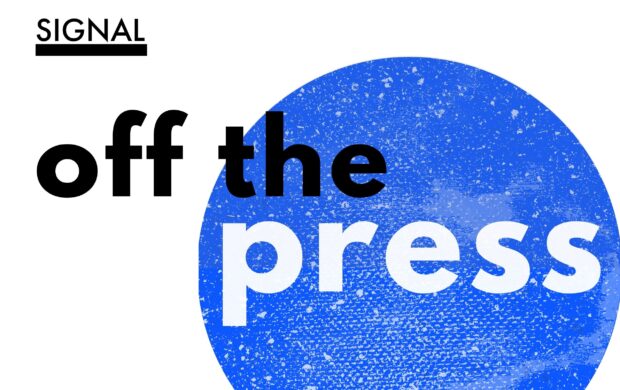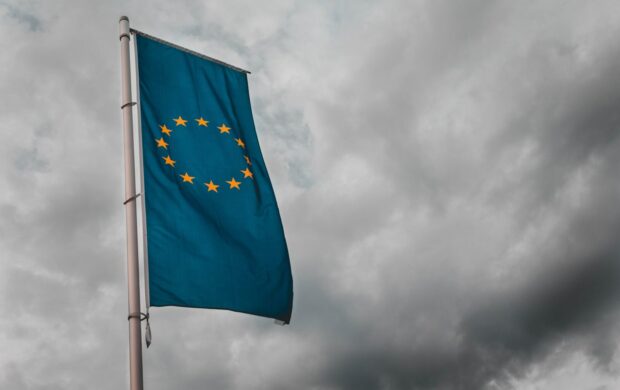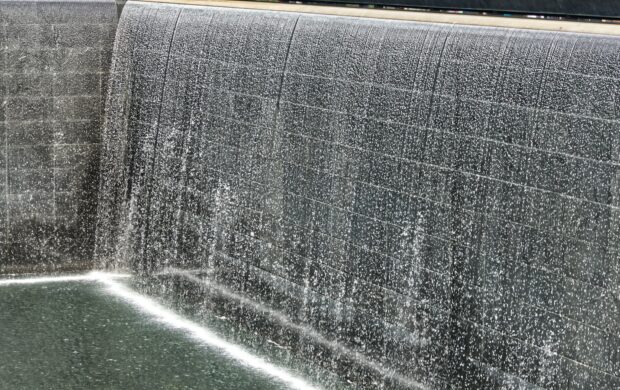A record-breaking US$9.8 billion has been pledged by 27 countries to replenish the UN’s Green Climate Fund (GCF) for the next four years. The funds – comprising public and private sector resources – will be invested in low-income countries to help reduce their emissions and adapt to the negative impacts of climate change, such as coastal flooding, shrinking crop yields and extreme weather events.

The total amount surpasses the $9.3 billion pledged in 2014 at the last fundraising round. This is in spite of Australia’s turndown, and President Donald Trump’s decision to block $2 billion of the $3 billion promised by the Obama administration. Both countries are among the top 20 polluters in the world. To compensate for the gap, 75% of countries increased their pledges in domestic currency, and nearly 50% at least doubled their pledges. The largest donors were the UK ($1.82bn), France ($1.76bn), Germany ($1.75bn) and Japan ($1.5bn), while Slovenia donated for the first time.
Every $1 billion invested spurs up to $3 billion in additional financing, including from recipient countries. The pledges will therefore increase project resources by 70% annually, paving the way for more ambitious climate action. So far, the GCF has committed $5.6 billion to 124 projects across nearly 100 countries; averting 1.6 billion tonnes of CO2 equivalent and safeguarding over 348 million livelihoods. Past projects include creating low-cost ‘eco-districts’ in Mongolia, building a zero-emissions bus rapid transit (BRT) system in Karachi, and reducing food insecurity in Namibia through sustainable farming practices.
The Fund will remain open for further contributions down the line in hopes of reaching its $10 billion target.

















